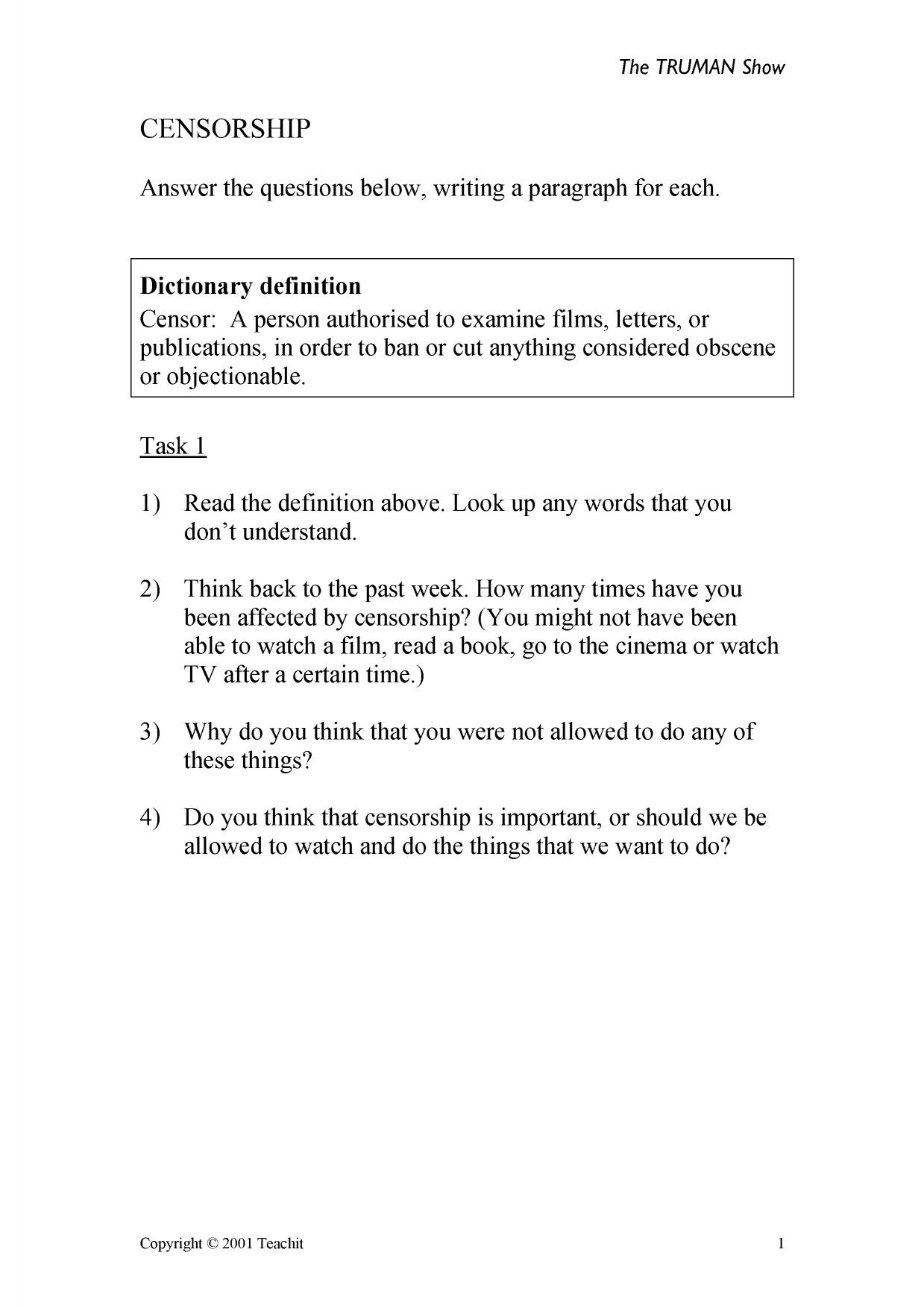Cherokee Nation v. Georgia - Wikipedia.
Cherokee Nation v. Georgia, 30 U.S. (5 Pet.) 1 (1831), was a United States Supreme Court case. The Cherokee Nation sought a federal injunction against laws passed by the U.S. state of Georgia depriving them of rights within its boundaries, but the Supreme Court did not hear the case on its merits. It ruled that it had no original jurisdiction in the matter, as the Cherokees were a dependent.In Georgia it was a major issue especially after the discovery of gold at Dahlonega in 1828. A huge influx of miners moved, often illegally, onto Cherokee land increasing demands for removal which occurred despite Supreme Court rulings in favor of the Cherokee: Cherokee Nation v. Georgia (1831) and Worcester v Georgia (1832).The Cherokee Victory The Cherokee Indians, the most cooperative and accommodating to the political institutions of the united states, suffered the worst fate of all Native Americans when voluntarily or forcibly moved west. In 1827 the Cherokees attempted to claim themselves as an independent nation within the state of Georgia. When the.
Marshall-Cases: Cherokee Nation v. State of Georgia 1831 Mr. Chief Justice Marshall delivered the opinion of the Court: This bill is brought by the Cherokee Nation, praying an injunction to restrain the state of Georgia from the execution of certain laws of that state, which as is alleged, go directly to annihilate the Cherokees as a political society, and to seize, for the use of Georgia, the.CHEROKEE NATION CASES. Cherokee Nation v. Georgia (1831) and Worcester v. Georgia (1832) arrived at the Supreme Court in a political setting of uncertainty and potential crisis. Andrew Jackson was reelected president in 1832, southern states were uneasy with the union, and Georgia, in particular, was unhappy with the Supreme Court. Within the.

Cherokee Nation v.Georgia (1831) was an important court case in United States history. It laid the foundation for the unusual legal status of Native Americans today. In the court case the Cherokee Nation argued that it was an independent nation and that the United States could not impose its laws on the Cherokee or their land. The United States Supreme Court decided that the Cherokee did not.












